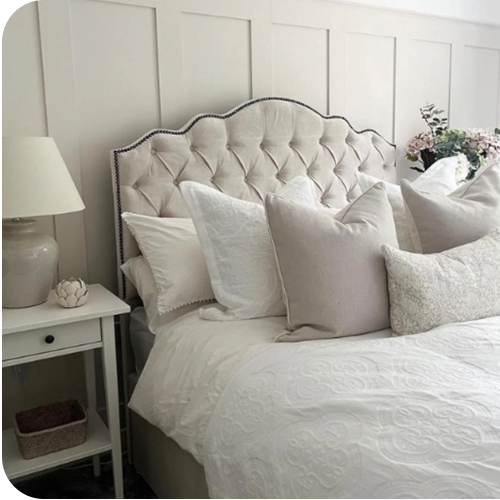A Guide To Children's Room Furniture Colour Combinations
Introduction
Choosing a colour palette for your children’s room furniture is never easy, no matter how old they are. There are some great tools out there to help you along the way. This article provides a guide to finding inspiration and choosing colours for your own children’s rooms.
Choosing A Colour Palette Is Never Easy
Choosing a colour palette for your child’s bedroom furniture is never easy, no matter how old they are. If you’re preparing their room for their first day back at school or helping them choose colours for their next big project at home, it can seem like an insurmountable task.
But there are some visual clues that can help you find the right combination of colours to create a relaxing and inviting atmosphere in any room of the house, especially if you want to make sure that your child feels comfortable in their space.
The first step is looking at what inspires your child. Do they have a favourite colour? Are there specific colours or patterns that show up in all of their favourite things? Look at what bookshelves fill up with books, toys and games—what colours do those items have? What kind of clothes do they wear most often?
Don’t Be Afraid To Play With Bold Colours For Children’s Room Furniture
Bright, bold colours are a great way to add interest and personality to any room. For example, if you’re going with a neutral colour scheme (like tan or grey), use bright accent pieces such as pillows and curtains to liven up the space.
In addition, if you have an open floor plan that can be divided into different areas with doors and windows – bold colours will help define each area by providing an obvious transition from one space to the next. Finally, using bold colours in your child’s room will make them feel more comfortable because it makes them feel like they are in their own space.
Look At Existing Colours In The Children’s Room Furniture
If you’ve got a children’s room furniture or teen that is old enough to have their own space, then this is the time to start planning for their room. A good place to start is by looking at the colours that already feature in their bedding and accessories. This can give you an idea of what kind of vibe they like best when it comes to decorating their own room, which will help inform your decisions as far as paint colours go.

Let’s say your son loves dinosaurs. He has dino-themed sheets on his bed, a dinosaur T-shirt he wears whenever he gets dressed (which happens quite often), he even has a couple of books on dinosaurs that are displayed proudly on his shelf next to all kinds of other toys and accessories featuring dinosaurs.
Add A Different Shade As An Accent To Create Balance
A great way to create balance in a space is to add a bold accent colour. When you have a better idea of the main colour, find an accent that complements it but also stands apart from it. The contrast between these two will give your kid’s room character and personality!
Here are some examples:
If you’re using neutral shades as your base, try adding something bright like yellow or orange. Yellow works well with browns, grays, and greens; orange pairs nicely with blues, purples (think lavender), oranges/reds/yellows (think sunset). These colours can also be used as accents against other neutrals like white or cream. Visit now for car beds for kid
If you use primary colours such as red or blue as an accent in your kids’ rooms – make sure they’re not too vibrant; they should be less intense than your main colour so they don’t overpower everything else in the room!
There Is Nothing Wrong With Starting Small
And remember, when it comes to bright colours on walls or children’s room furniture, there is nothing wrong with starting small. If you are unsure about your colour choices, paint an accent wall or a piece of furniture first. This way you can see how the colour works in that space before committing fully to it.
If at any point in the future you want to change or add more colour to your children’s room design. Then this will be easy to do as long as the walls are painted white or another neutral base colour which will allow for greater contrast and vibrancy when applied over top.
You Don’t Have To Be Intimidate By A Blank Canvas
When you’re starting from scratch, the daunting task of choosing a new colour scheme for your child’s room can seem overwhelming. But don’t be intimidated! A good place to start is by looking at the colours that already feature in their bedding and accessories. They’ll help you narrow down the palette of primary colours to choose from.
Check out Lovemybedss new winter collection: Divan Beds, Bespoke beds, Mirror Beds, Sofa, Table & chairs
Once you have a better idea of the main colour, add a different shade as an accent to create balance. For example, if your little one’s pink duvet cover stands out as their favourite item on the bed. Try using it again in another shade on cushions, lampshades or curtains – but not too close together!
Conclusion
We hope you found this post useful, and that it has given you some inspiration for your next interior design project. If you have any questions or comments, please don’t hesitate to get in touch! You can also explore vibrant color options in our children’s room furniture section.



